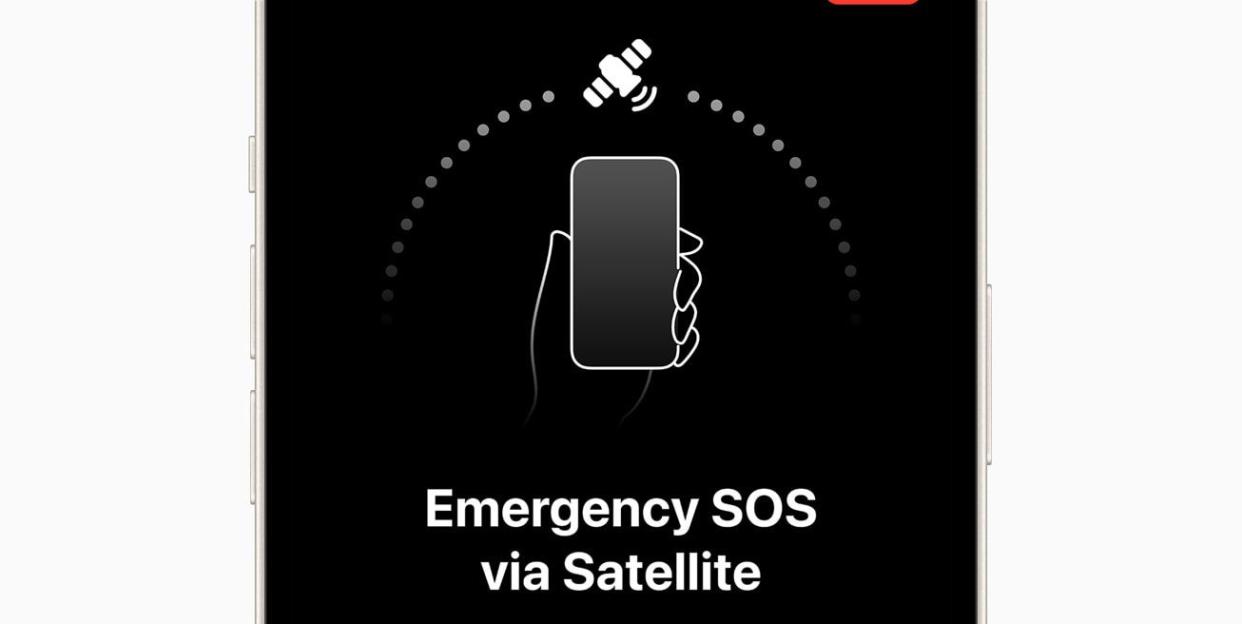The iPhone 14 May Have Just Changed Overlanding Forever

Overlanding and backpacking are two incredible hobbies, offering the opportunity to truly disconnect from the world and have educational, emotional, and replenishing experiences with nature. Yet this is also the biggest reason people scorn any sort of outdoor adventure. In a world where we are all connected in a dozen different ways, severing every lifeline is, to some, paralyzing. Apple may have just solved this issue.
During Wednesday's reveal event, the company announced that its new iPhone 14 series phones will launch with a feature called "Emergency SOS via satellite." While the world of weeklong excursions without running water and cutting-edge technology rarely overlap, this new feature—if it works—will likely have a bigger impact on the long-term viability of the hobby than the invention of the roof-top tent.
Apple is adding a satellite emergency service feature to the iPhone 14. The service launches in November, and is included free for 2 years with an iPhone 14. #AppleEvent https://t.co/1btGw5ksqF pic.twitter.com/FIfN0mHk3Z
— CNBC (@CNBC) September 7, 2022
The reason is simple. As of today, in vast swaths of the American wilderness, there is no cell coverage whatsoever. That means if you're 100 miles from the nearest road and your timing belt goes, you better have a second support vehicle to get you out of there. If not, it's nigh on impossible to find any help. Hardcore adventurists rely on satellite phones and emergency beacons, but these are small-market, expensive, obscure devices that many casual explorers fail to actually buy and bring along, leaving them in a bind when they're in dire need of help.
Now, it looks like they'll have another option. Emergency SOS via satellite will allow iPhone 14 users in the U.S. and Canada to connect to Globalstar's satellites to send emergency messages that can be relayed to first responders. And because GPS still works even without cell service, that means you will be able to communicate your location, emergency, and identifying details to authorities. Even your friends and family will be able to locate you, as Apple's Find My feature can use satellite communication to share your location. A rescue may still be difficult in remote locations, but U.S. search and rescue teams are not to be underestimated.
The service is expected to use up roughly 85 percent of Globalstar's current and future network capacity, per CNBC, as the iPhone is the world's most popular phone. The service will be free for the first two years of ownership with the purchase of an iPhone 14 or 14 Pro. Apple says it'll take roughly 15 seconds to send an emergency message and that a clear view of the sky is required.
A satellite phone may still be able to offer more functionality and an emergency beacon may be more durable, but current owners of either have reason to celebrate, too. With an iPhone 14—or the other phone models likely to implement competitive features—they will have an overlander's best friend: cheap, simple redundancy.
You Might Also Like
